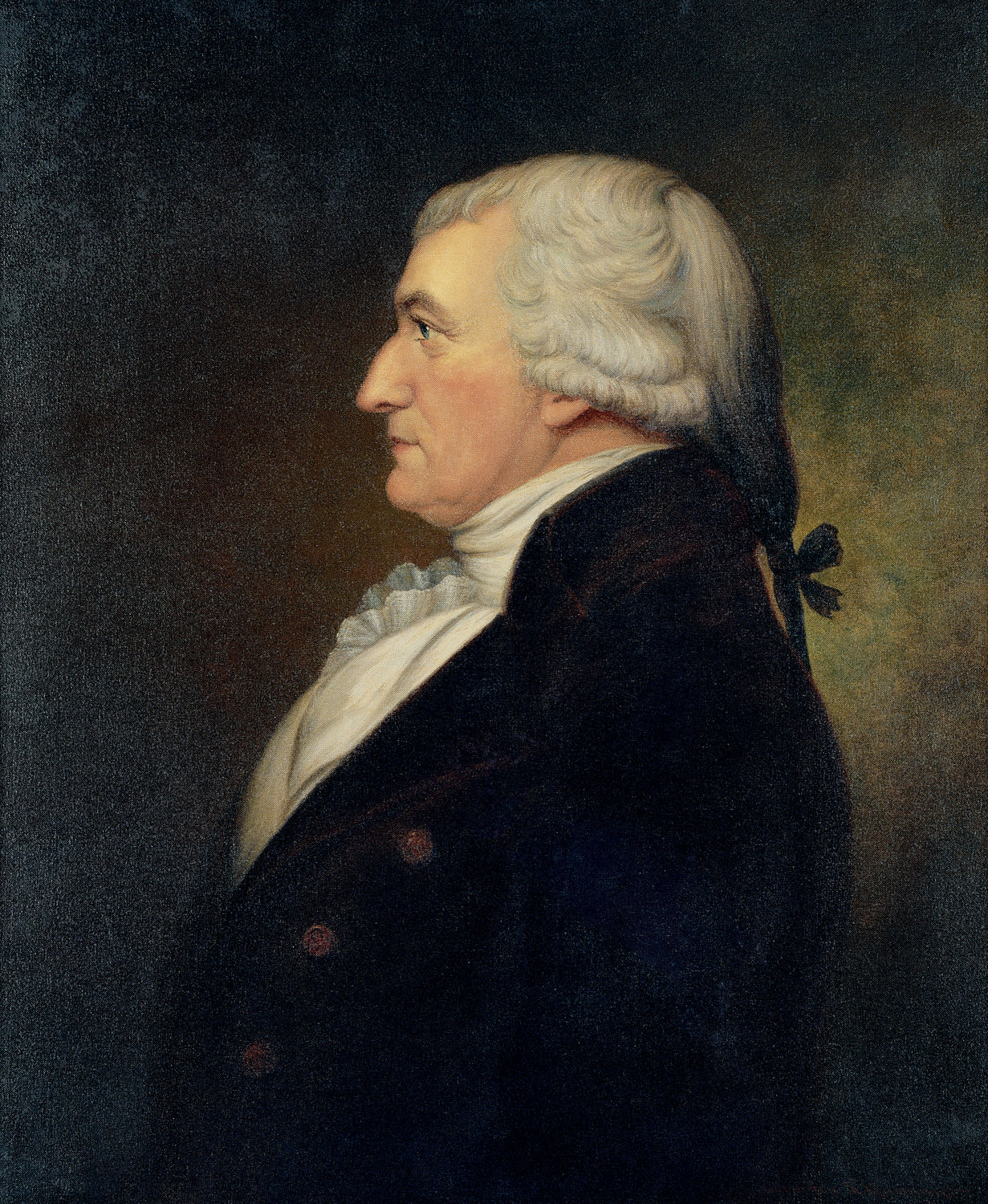
| Title | Henry Latimer |
| Artist/Maker | Clawson
Shakespeare
Hammitt
(
1857
-
1927
)
|
| Date | 1916 |
| Medium | Oil on canvas |
| Dimensions | Sight: h. 29.5 x w. 24.5 in. (h. 74.93 x w. 62.23 cm)
Framed: h. 51.5 x w. 41.75 in. (h. 130.81 x w. 106.045 cm) |
| Credit Line | U.S. Senate Collection |
| Accession Number | 32.00013.000 |
In 1916 Delaware artist Clawson Hammitt created the Senate’s portrait of Henry Latimer after an 18th-century work by famed French engraver Charles Saint-Mémin. That same year, the Joint Committee on the Library accepted by resolution the portrait and one of Latimer’s father, James, also by Hammitt. The paintings were gifts of Henry Latimer’s granddaughter, Mary R. Latimer, who had previously presented a similar portrait of the senator by Hammitt to the state of Delaware.
Hammitt studied with Thomas Eakins in Philadelphia and trained with both Benjamin Constant and Jules Lefebvre at the Académie Julian in Paris. Most of Hammitt’s work remains in Delaware; he created a number of portraits of Delaware statesmen for the Old State House collection in the state capitol at Dover.
Henry Latimer, a U.S. representative and senator from Delaware, was born in Newport, New Castle County, Delaware. Trained in medicine, Latimer served as a mobile surgeon in the Revolutionary War. After the Franco-American victory at Yorktown, he returned to medical practice in Wilmington and became active in politics. A founder of the Federalist Party, Latimer was elected to the Delaware state house of representatives and became its Speaker. Several years later he successfully contested the election of his opponent to the U.S. House of Representatives and was seated by action of the House in 1794. He resigned the following year to serve out the unexpired term of George Read in the U.S. Senate. Reelected, Henry Latimer served for six years but then resigned in 1801. Some contended that this action resulted from disillusionment over the political tactics of his opponents, still bitter over the contested election seven years earlier. In one episode of political hijinks after Latimer's retirement, his enemies fired a cannon loaded with potatoes and herring in response to a statement misattributed to Latimer that "the laboring classes lived too well to be happy and should be reduced to the fare of the Irish."
[1] After retirement from political life, Latimer confined his work to medicine, making significant contributions to the people of his state.
1. W. Emerson Wilson, Forgotten Heroes of Delaware (Cambridge, MA: Deltos, 1970), 89.